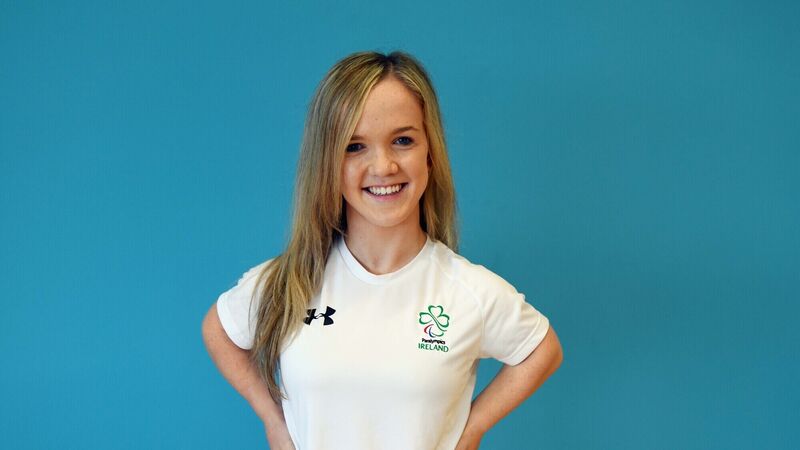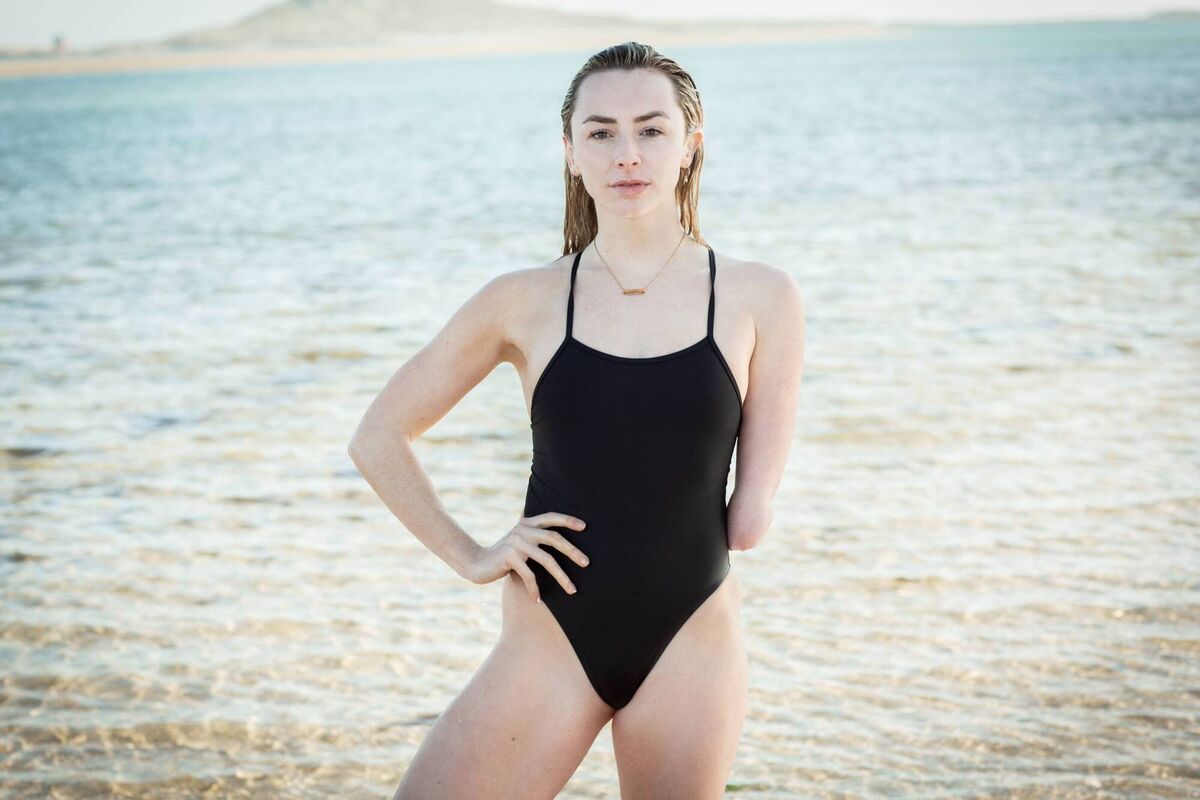Tokyo Paralympics: the Irish athletes breaking the boundaries

Mary FitzGerald, Irish Paralympic shot put athlete, preparing for the Toyko 2020 Paralympic Games.

Try from €1.50 / week
SUBSCRIBEEllen Keane, Dublin: Swimming

Already a subscriber? Sign in
You have reached your article limit.
Annual €130 €80
Best value
Monthly €12€6 / month
Introductory offers for new customers. Annual billed once for first year. Renews at €130. Monthly initial discount (first 3 months) billed monthly, then €12 a month. Ts&Cs apply.
CONNECT WITH US TODAY
Be the first to know the latest news and updates
Newsletter
The best food, health, entertainment and lifestyle content from the Irish Examiner, direct to your inbox.
Newsletter
The best food, health, entertainment and lifestyle content from the Irish Examiner, direct to your inbox.
© Examiner Echo Group Limited